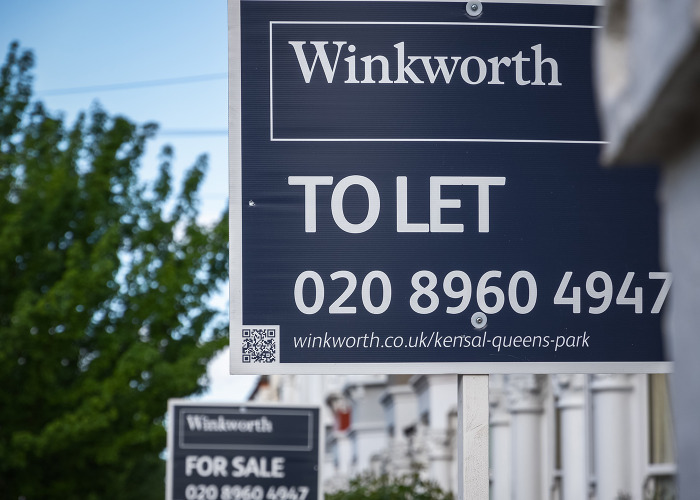Why zero deposits could be a win for landlords

With laws regarding tenant fees set to change, we look at how a radical new approach to guaranteeing new tenancies could actually benefit landlords
Rules regarding how much tenants should pay at the start of a new tenancy are about to change as the Tenant Fees Bill comes into effect on 1 June 2019.
However, while new laws will save renters money – restricting how much they can be charged for minor damages and limiting start of tenancy deposits – some landlords may be concerned that they will be left vulnerable by the new rules.
But there is another way – a new scheme that looks to scrap large upfront deposits could be beneficial to both renters and landlords. No, really.
How does the Zero Deposit Guarantee work?
While the Tenant Fees Bill goes a long way in improving things for tenants by limiting deposits to no more than five weeks’ rent (for properties that earn under £50,000 annually), this is still a large amount of money for renters to have to find.
The idea behind the Zero Deposits Guarantee is that tenants can reduce their upfront costs, while also offering reasonable protection for landlords.
Rather than forking out five weeks’ rent, which will go into a deposit protection scheme for the length of the tenancy, tenants pay one week’s rent, which is non-refundable, plus an annual fee of £26 (for tenancies of a year or more).
If there is more than one tenant, these fees are split between the household.
This money is then used to provide landlords with a guarantee – effectively the same cover as a six-week deposit (more than they would be given under the Tenant Fees Bill) – which is backed by Munich Re, one of the world’s largest reinsurers, and protected under the Financial Services Compensation Scheme.
What happens if my tenant damages my property?
At the end of the tenancy, if there are no disputes, this guarantee will dissolve.
If a landlord does seek to recover costs for damage or anything else and they can’t come to an agreement with the tenants, the government approved Tenancy Deposit Scheme (TDS) will step in to evaluate.
If the TDS finds in favour or the landlord, the Zero Deposit Guarantee will settle the claim directly with the landlord before seeking to recover the costs from the tenant, meaning landlords don’t have a long wait to receive their money.
As well as providing landlords with assurances, the scheme is also unsurprisingly proving popular with prospective tenants.
Jon Notley CEO of Zero Deposit (former commercial director at Zoopla), says: “Our research has shown that properties advertised with Zero Deposit get more demand (up to 26% more clicks on Zoopla). This helps get more potential tenants and can help speed up the rental process.”
So far, feedback regarding the scheme through Trustpilot has been favourable, with respondents (largely tenants) giving the scheme the maximum five stars.
There are also similar schemes, such as Reposit (more a warranty than a guarantee) and Dlighted, which offers insurance in place of traditional deposits.
Surely there’s a catch?
Only time will tell how effective the checks and balances system will be and how quickly landlords will actually recover their costs.
Also, though tenants only have to pay one week’s rent, as it is non-refundable, many may prefer to stick to the current system.
Photo: I Wei Huang/Shutterstock
Comments
Be the first to comment
Do you want to comment on this article? You need to be signed in for this feature